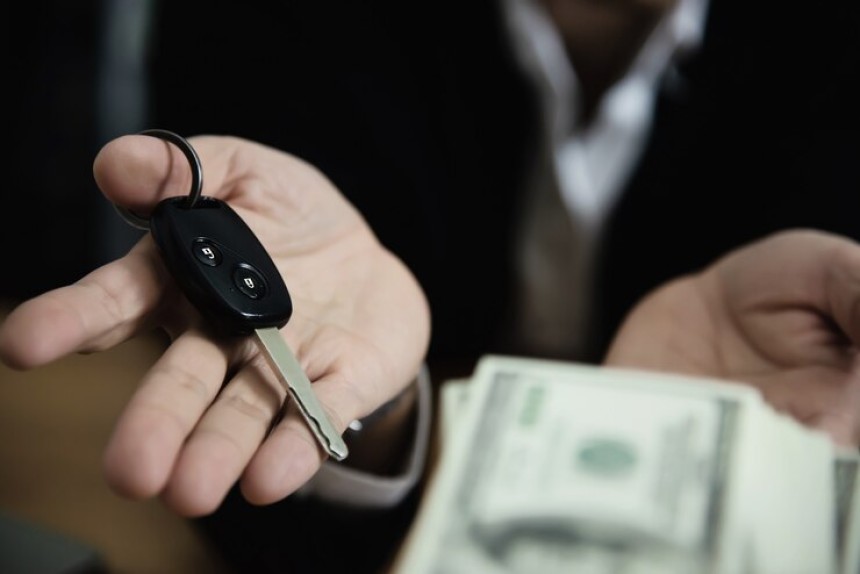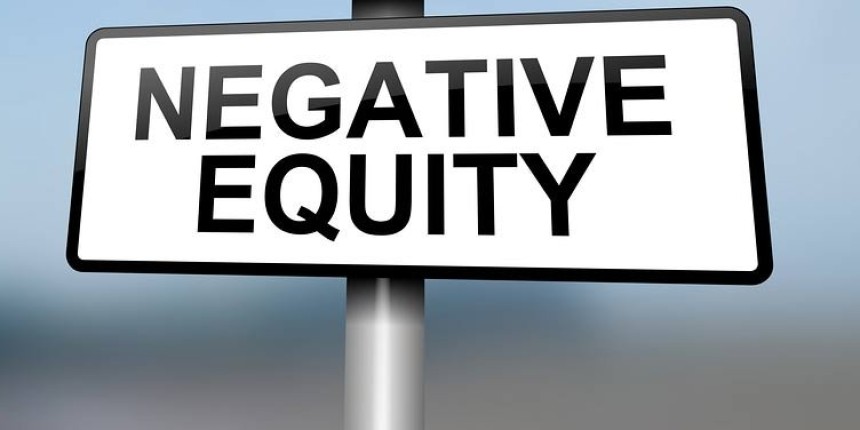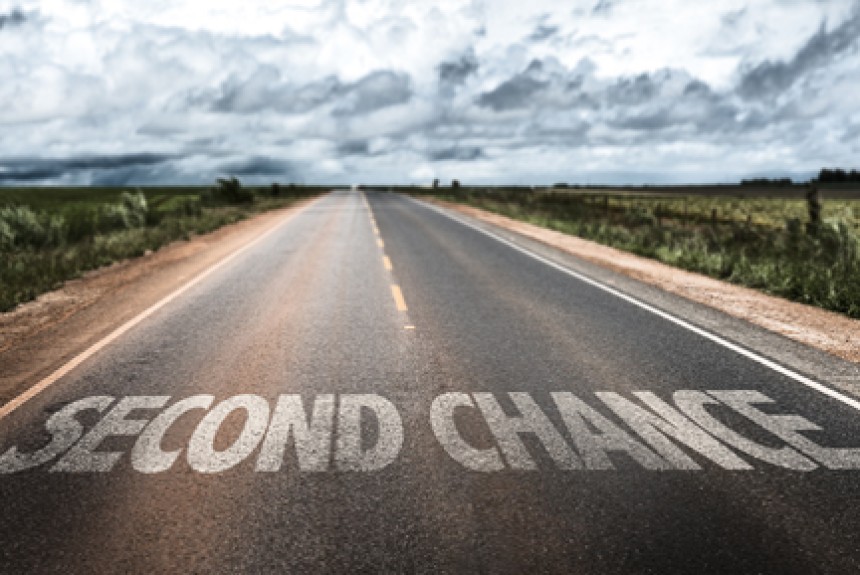
Is It Smart To Put A Large Down Payment On A Car?
It can be smart to put a large down payment on a car to have a lower monthly payment. The cost of the car and your interest rate can determine down payment. See the best options.
Click Here To Join Our Mailing List For Credit & Money Tips!
Is It Smart to Put a Large Down Payment on a Car?
When purchasing a car, one of the key decisions a buyer must make is how much to put down as a down payment. Some people opt for the smallest possible down payment, while others may choose to put down a large sum. While many people focus on the monthly payment, a larger down payment may offer various financial benefits and understanding whether it’s a smart move depends on your personal financial situation and goals.
In this article, we will explore the pros and cons of making a large down payment on a car, and whether it’s the best choice for you in the long run.
1. What is a Down Payment on a Car?A down payment is the amount of money you pay upfront when purchasing a car. This amount is subtracted from the total price of the vehicle, reducing the amount you need to finance with a car loan. The larger the down payment, the less you need to borrow, which can result in lower monthly payments, less interest paid over time, and a lower risk of being "underwater" on your loan.
Typically, a down payment ranges from 10% to 20% of the vehicle’s purchase price. However, some car buyers may put down more in order to reduce their monthly payments and overall loan balance.
2. Pros of Making a Large Down PaymentWhile making a large down payment on a car may not always be necessary, there are several benefits to consider when you choose to pay more upfront.
A. Lower Monthly PaymentsOne of the most immediate benefits of a larger down payment is that it reduces the amount you need to borrow. When you borrow less, your monthly payment will be lower, which can free up cash flow for other expenses. For example, if you’re buying a car worth $30,000 and you make a 30% down payment of $9,000, you will only need to finance $21,000 instead of the full $30,000. This results in lower monthly payments and can ease any financial strain from a large car loan.
B. Less Interest Paid Over TimeThe more you put down upfront, the less you borrow from the lender. When you borrow a smaller amount, you also pay less interest over the life of the loan. Interest is typically calculated as a percentage of the loan amount, so a lower principal will lead to a smaller total interest payment. If you secure a loan with a 5% interest rate and borrow $30,000 versus borrowing $20,000, the total interest paid over time will differ significantly.
C. Avoiding “Upside-Down” FinancingWhen you owe more on your car than it is worth, you are considered “upside down” on your loan. This can be problematic if you need to sell the car or trade it in for a new one, as you may owe more than the car’s resale value. A large down payment helps to avoid this situation because it reduces the amount you borrow, and in turn, the likelihood that your loan balance will exceed the car’s value over time.
D. Easier Loan ApprovalLenders often look at the down payment as a reflection of your financial stability and commitment to the purchase. A larger down payment may increase your chances of loan approval, especially if you have a lower credit score or limited credit history. By making a larger down payment, you’re demonstrating to the lender that you are financially capable of managing a loan, and that you have the ability to make a substantial investment upfront.
E. Improved Equity PositionWhen you make a larger down payment, you start off with more equity in the vehicle. This means that if the car’s value depreciates rapidly, you are less likely to owe more than the car is worth. Cars lose value quickly, with the average new car depreciating by 20-30% in its first year. A larger down payment mitigates the impact of this depreciation and helps maintain a better equity position.
3. Cons of Making a Large Down PaymentWhile there are clear benefits to making a larger down payment, there are also some drawbacks to consider before committing to this approach.
A. Reduced Cash Flow for Other InvestmentsA large down payment requires you to spend a significant amount of your savings upfront, which can reduce your available cash for other financial goals, such as building an emergency fund or investing in other assets. If you drain your savings to make a large down payment, you may find yourself in a financial pinch later on if an unexpected expense arises.
If you already have significant savings or a substantial emergency fund, a large down payment might not affect your overall financial stability. However, if you’re stretching your finances to make the down payment, it might be better to opt for a smaller one and keep more cash in hand.
B. Opportunity CostMoney spent on a large down payment is money that you are not investing elsewhere. Depending on your investment goals, you could potentially earn a better return by using your cash in other areas. For example, if you have the opportunity to invest in stocks, real estate, or a retirement account, you may be able to earn more than the amount you would save on interest by making a larger down payment.
Moreover, car loans often offer competitive interest rates, especially for buyers with good credit. If the loan rate is low enough, the opportunity cost of using the money for the car loan rather than investing it may outweigh the benefits of a large down payment.
C. Potential to Overextend Your FinancesSome buyers may think that the larger the down payment, the better. However, putting too much money down on a car could leave you with little to no cash reserves for other financial needs. You need to ensure that making a large down payment doesn't put you in a position where you're unable to handle other important expenses, like bills, emergency savings, or other investments.
D. Car DepreciationCars typically lose value quickly, especially in the first few years. While a larger down payment helps reduce the risk of being upside down on your loan, it doesn’t entirely eliminate the possibility. Even if you put down 50% or more, your car may still depreciate faster than you can pay off the loan, especially if the car is new or a model with high depreciation.
4. Is It Smart for Everyone?The decision to make a large down payment on a car depends largely on your individual financial situation and goals. Here are some questions to consider when deciding if it’s the right move for you:
- Do I have enough savings to comfortably make a large down payment without sacrificing my emergency fund or other financial goals?
- Am I able to secure a low-interest loan, making a larger down payment less critical?
- Do I plan to keep the car long-term, or will I likely trade it in within a few years?
- Do I want to avoid being upside down on my loan, especially if the car depreciates rapidly?
- Would the money I use for the down payment be better spent on other investments?
If you have the cash available, a large down payment can be a smart choice. It reduces your loan balance, saves on interest, and helps you avoid owing more than the car is worth. However, if a large down payment means draining your savings or sacrificing other financial goals, it may be wise to opt for a more moderate down payment and preserve your cash for other purposes.
5. Making The DecisionUltimately, whether it’s smart to put a large down payment on a car depends on your financial goals, cash flow, and the specifics of your loan offer. A large down payment offers several advantages, such as lower monthly payments, reduced interest costs, and a better equity position. However, it also comes with drawbacks, including reduced cash flow and potential opportunity costs.
Before deciding how much to put down on a car, carefully evaluate your finances, consider the long-term implications, and assess whether it aligns with your overall financial plan.





